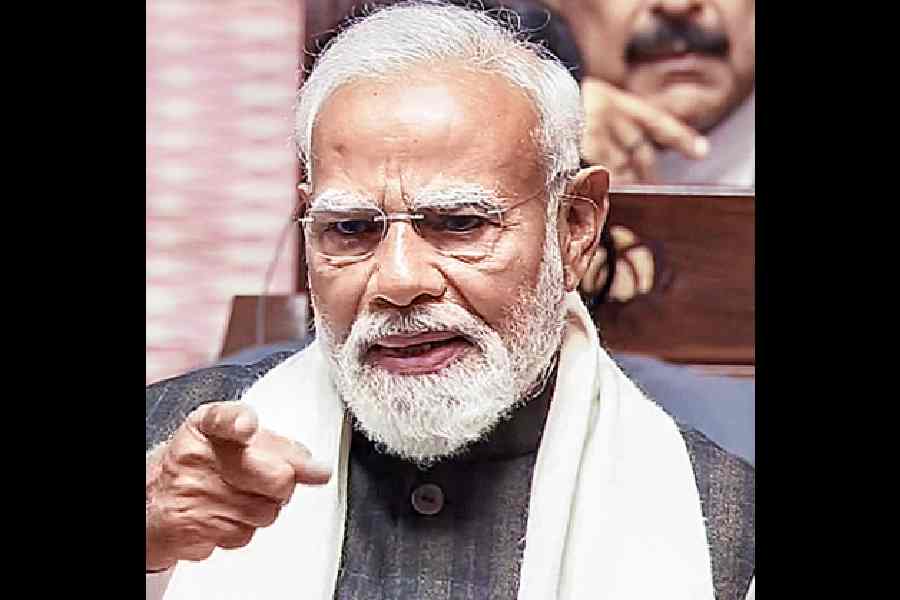The Supreme Court has commuted to life term the death penalty awarded to a man for murdering a child, saying he wanted to reform himself and poems written by him in jail indicate that he had realised his mistake.
A bench headed by Justice A.K. Sikri noted that Dnyaneshwar Suresh Borkar was 22 years old when he committed the crime and while in jail, tried to 'join the society' and become a 'civilised man'.
The bench, also comprising Justices S. Abdul Nazeer and M.R. Shah, said Borkar was lodged in jail for 18 years and his conduct showed that he could be reformed and rehabilitated.
'... We are of the opinion that, in the facts and circumstances of the case, capital punishment is not warranted. Striking the balance between the aggravating and mitigating circumstances, we are of the opinion that mitigating circumstances are in favour of the accused (Borkar) while commuting the death sentence to life imprisonment,' the bench said.
Mentioning the several mitigating circumstances, the court said that 'from the poems, written by him in the jail, it appears that he has realised his mistake which was committed by him at the time when he was of young age and that he is reformative'.
Borkar had approached the apex court challenging the May 2006 order of Bombay High Court confirming the death penalty awarded to him by a trial court in Pune for killing a child.
His counsel had argued in the apex court that Borkar's conduct was good in jail and he completed his studies in prison.
'Though, we acknowledge the gravity of the offence, we are unable to satisfy ourselves that this case would fall in the category of 'rarest of rare case' warranting the death sentence,' the bench said.










